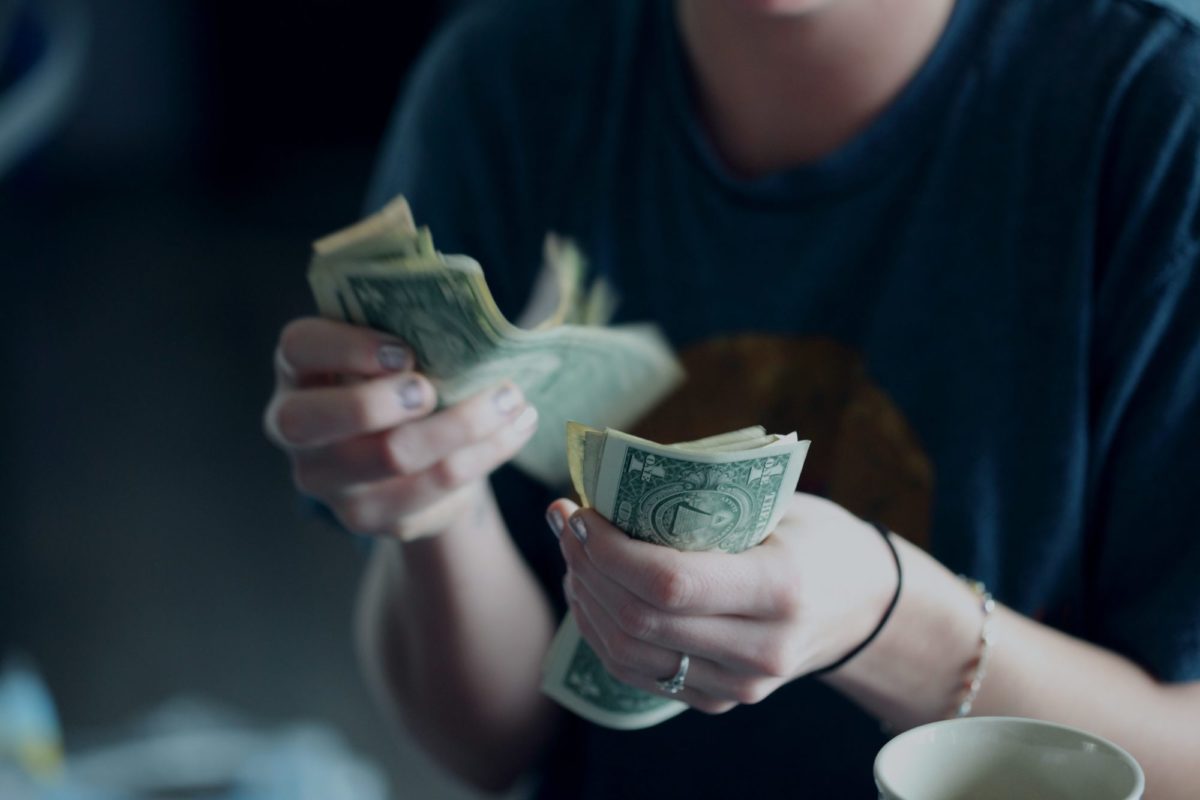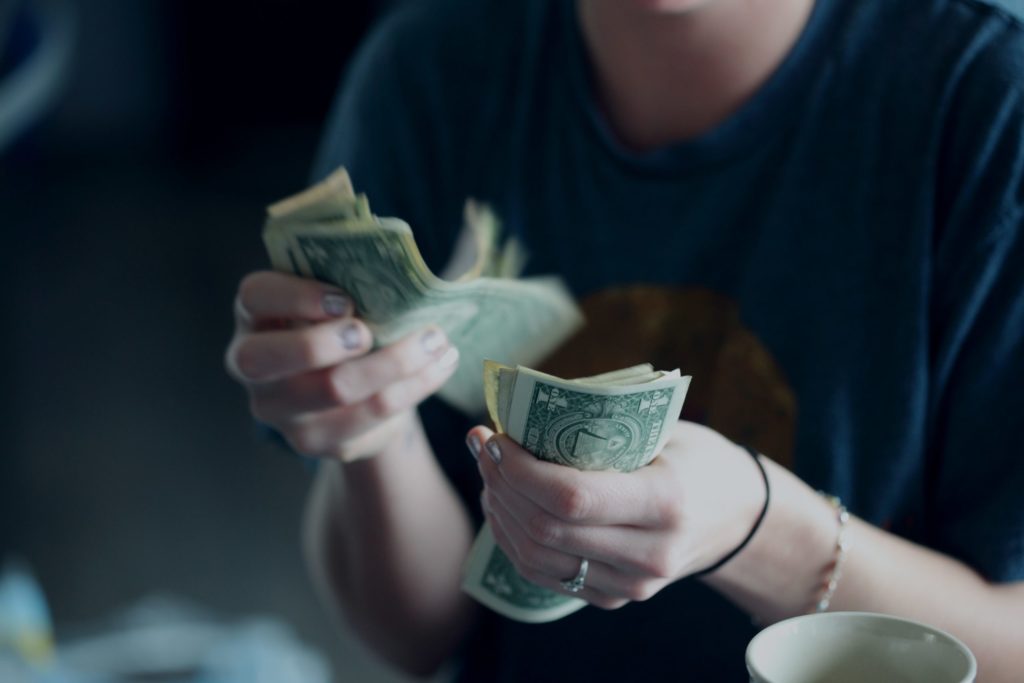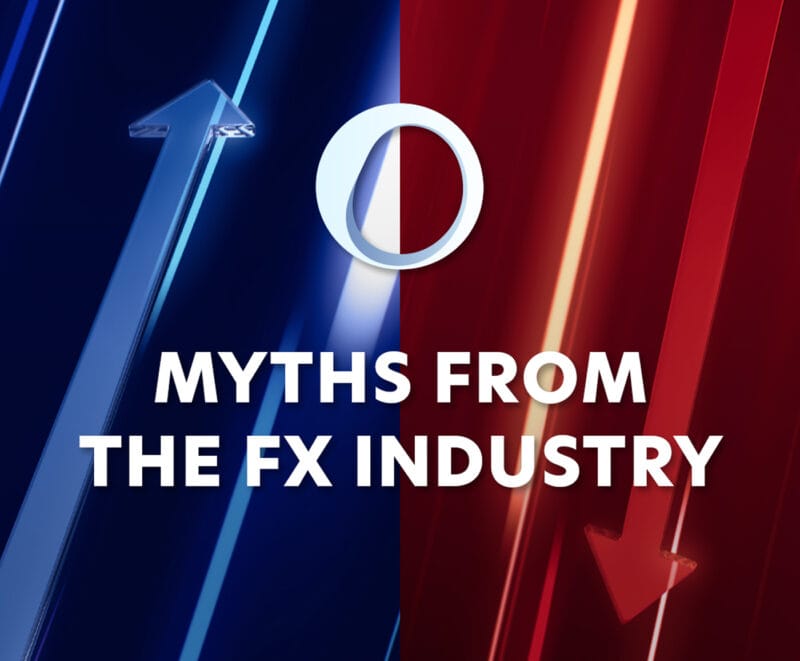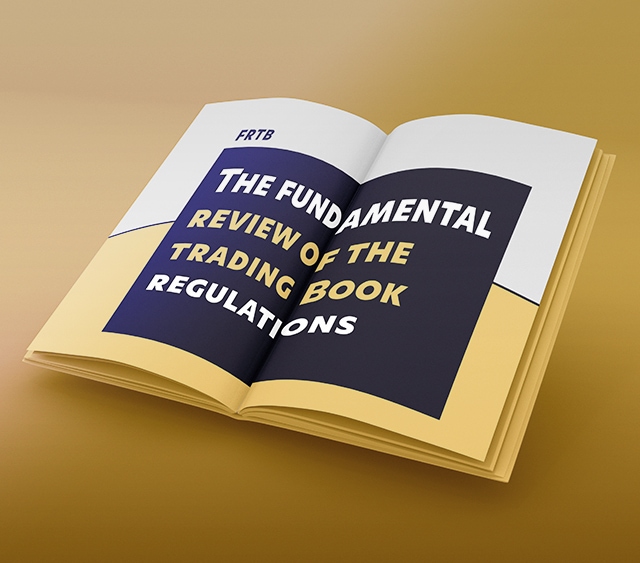Forex markets, stock markets, commodity markets, you name it. Anything that has value and can be traded also has a designated market. Each market also has its own rules that, as long as they line up with your strategy, can work to your advantage.
In this article, we will take a closer look at the commodity market, the stock market, and how they differ.
What is the commodity market?
The commodity market deals with primary products. By that, we mean products that everyone needs to meet their basic needs. These commodities are split into two groups; hard commodities and soft commodities.
- Hard commodities include natural resources such as metals and (mined) energy resources.
- Soft commodities include agricultural products, livestock, and derivatives of these primary products.
Together, these commodities make up a big part of the global market and supply industries with the necessary raw materials. Globally, for example, the market share of agriculture alone is 4% of the global GDP. Its value has gone up by 68% between 2000 and 2018 alone, reaching 3,4 trillion USD. With a continuously growing population, this increasing demand for commodities will not let up any time soon.
Real-time trading alerts are the best kind of help a trader can have. Learn how to use real-time trading alerts and why they’re so beneficial in our recent article.
How are commodities traded?
But how are commodities traded? The basics are simple. There’s a demand for something and there’s a supply. Fluctuations for either lead to a price change.
Because you are dealing with tangible products, you need physical ownership before commodities have value. Trading commodities through physical ownership isn’t practical, though.
Instead, we use indirect methods. A seller and a buyer enter into a contract where they agree on a price for the product and a set date for the execution of the deal. Then traders can buy a contract that represents this deal and based on the determined prices, they can make bets on the expected future values of the commodity. This type of trading is done via, for example, future contracts.
What is the stock market?
The stock market, on the other hand, deals with more tangible ownership than the commodities market. While you again don’t own a physical object, you do own part of a company when you own a stock or a share. Depending on the evaluation of a company, the value of your stock can go up or down. A stock can then pass ownership, and based on the value of the stock at that point in time, money is made or lost.
Both markets have their own advantages and disadvantages. Depending on your trading strategy, one market will better suit your needs than the other.
The differences between commodity trading and stock trading
There are many differences between commodity trading and stock trading. For starters, the value of commodities is heavily influenced by external factors. Government policies, technological development, and even the weather can influence prices.
While stock prices can also be influenced by changing policies, they’re more susceptible to changing interest rates, earnings, and dividends.
Also, because commodities are physical goods, there are embedded costs for things like holding inventory when demand fluctuates. Because stocks aren’t material items, similar embedded costs aren’t an issue when trading stocks.
Holding time for commodity trading vs. stock trading
Because commodity trading is done within a set time frame, most commodity traders practice short-term trading. Depending on supply and demand, short-term disruptions occur and traders can use that as an opportunity to trade large volumes and make a quick profit. Because of this, day trading, swing trading, or even scalped trading are common.
Position trading, however, is more common on the stock market. Depending on a trader’s strategy, they can hold stocks for months or even years. This doesn’t mean that quick trading is unheard of on the stock market. The stock market has many opportunities for traders looking to make a profit by getting in and out quickly.
Volatility in the commodity market vs. the stock market
Due to their nature, both markets have different volatility. Stocks are more liquid than commodities and less affected by external factors. Additionally, stocks have a smaller spread and price range than commodities.
All these factors generally make trading commodities riskier than trading stocks. This is not to say that stock trading is without risk. The stock market also deals with the volatility caused by external factors. The trick is to make sure that your trading strategy suits the market.
Find your way through cup-and-handle patterns, flags, and pennants. We’ve got a handy guide of the most useful stock trading chart patterns ready for you!
Portfolio diversification
Because of these differences, commodities are a good way for investors to diversify their portfolios and use them as a hedge against inflation. Diversification can counter the uncertainty of stocks losing significant value. While stocks can become worthless, commodities will always have value. After all, everyone has to eat.
Choosing efficient trading analysis tools
What the best market is for you to invest in depends on a few things. First, you should figure out what your goal is. Are you looking for long-term or short-term investing? How comfortable are you with high-risk investments? And what are you more knowledgeable about? In short, what is your preferred strategy?
Secondly, every strategy has its own gain margin. While some are more profitable than others, their associated risks will fluctuate accordingly. Whether you’re willing to take big risks or play it safe, it’s important to use whatever you can to your advantage.
And finally, make sure you use available tools effectively. An excellent way to do that is to check out NetDania’s NetStation.
NetStation provides you with a market analysis tool that gives investors and traders an overview of stocks, indices, and more. Users can set alerts, use the charting functionalities and completely customize the look of your NetStation. Companies can even get a white-label version to match their brand.
Discover what NetStation can do for you, and schedule a call with one of United Fintech’s experts.

















